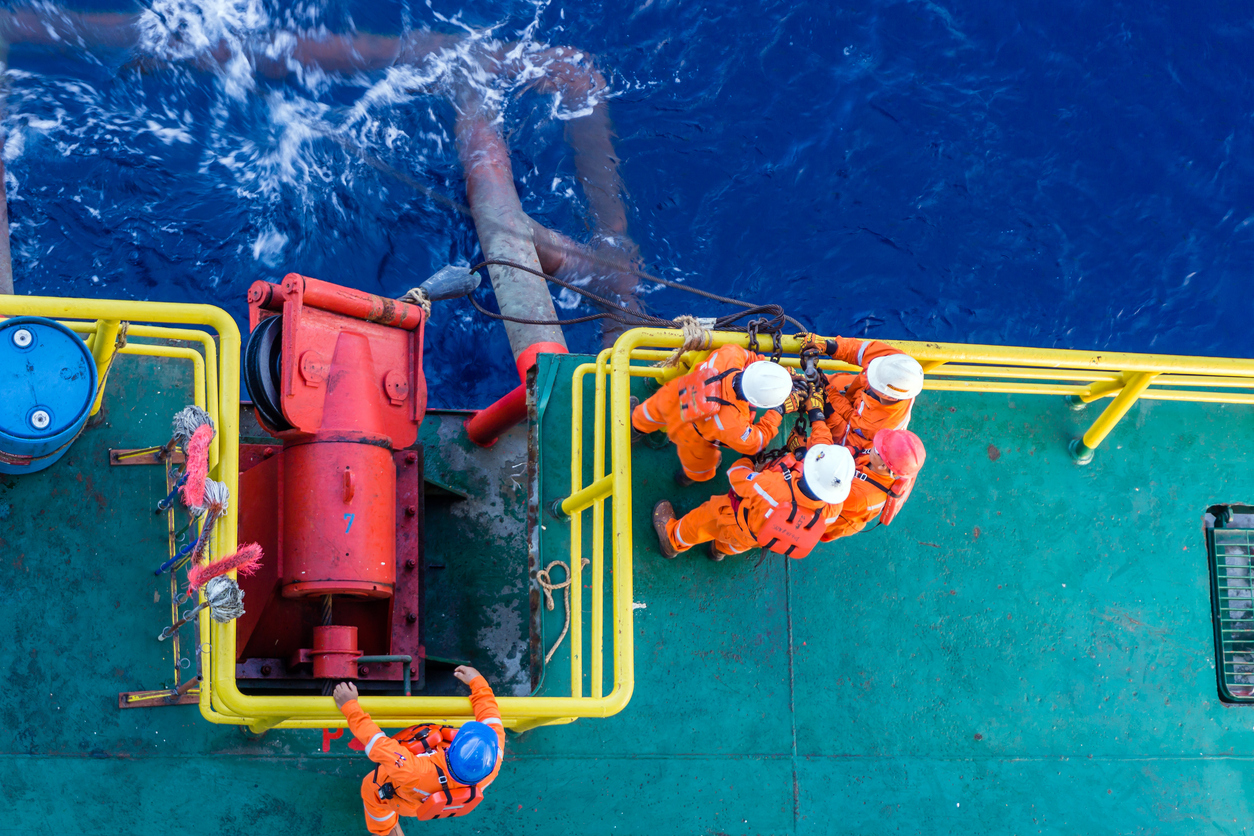
How Are Changes in Maritime Employers’ Liability Affecting Coverage?
October 24, 2024
Maritime employers’ liability (MEL) covers employers with crew members working on vessels, protecting them from injury-related claims under maritime law. Insurance agents must understand MEL to offer appropriate protection to their clients operating in commercial marine industries. Adding MEL coverage to commercial marine programs helps businesses avoid potential financial risks.
MEL coverage is essential for protecting marine employers from liability claims from employees working on navigable waters. Recent changes in regulations and industry practices reshape how MEL coverage is structured and applied.
Key Changes in Maritime Employers’ Liability
Recent regulatory updates affecting MEL coverage include increasing scrutiny of worker safety and compensation demands, influenced by environmental and technological shifts. Legal developments, such as court rulings on worker status and liability under maritime law, are reshaping how claims are processed. These changes reflect growing complexities in navigating maritime insurance, as the industry adapts to emerging risks and compensation trends.
New safety protocols and evolving industry standards are prompting adjustments to MEL policy requirements, focusing on heightened protection for employees. These changes are influencing coverage terms, with insurers increasingly accounting for specific risks related to modern vessel operations and crew safety expectations.
Impacts of These Changes on Insurance Coverage
Changes in maritime employers’ liability are influencing the insurance market by increasing the focus on risk management and regulatory compliance for commercial marine clients.
As a result, these shifts are affecting coverage limits, raising premiums, and prompting insurers to adjust policy structures to better address evolving operational risks and legal obligations.
MEL policies are seeing the introduction of new exclusions, particularly around certain high-risk operations, as insurers aim to limit exposure.
Additionally, tighter underwriting requirements are being implemented to align coverage with specific risk profiles, affecting the availability and terms of coverage for some commercial marine clients.
Advising Commercial Marine Clients on MEL Adjustments
Here are key tips for insurance agents advising commercial marine clients on recent MEL changes:
- Review policy exclusions: Clarify any new exclusions to help clients understand what is and isn’t covered.
- Adjust coverage limits: Recommend revisiting coverage limits to account for emerging risks and regulatory shifts.
- Prepare for premium increases: Advise clients on potential premium adjustments due to new underwriting requirements.
- Highlight safety protocols: Encourage clients to adopt enhanced safety measures, which may positively impact underwriting assessments.
- Regular policy reviews: Suggest routine policy evaluations to stay aligned with evolving MEL standards.
Preparing for Future Developments in MEL
Future changes in maritime employers’ liability may involve stricter regulations and more detailed safety requirements, further impacting MEL policies. Insurance agents should monitor industry trends and regulatory updates closely to anticipate shifts.
Proactively advising clients to maintain strong safety protocols and regularly reassess their coverage will help them stay prepared.
Guiding Clients Through MEL Changes for Optimal Protection
Understanding maritime employers’ liability is crucial for effectively serving commercial marine clients, as it influences their risk management and coverage needs.
Insurance agents should proactively update MEL coverage and mitigate risks for their clients through Merrimac Marine Insurance to stay ahead of industry changes.
About Merrimac Marine Insurance
At Merrimac Marine, we are dedicated to providing insurance for the marine industry to protect your clients’ businesses and assets. For more information about our products and programs, contact our specialists today at (800) 681-1998.
